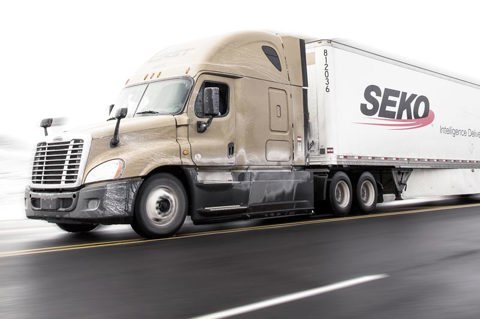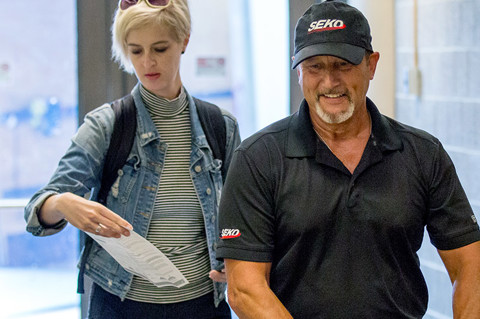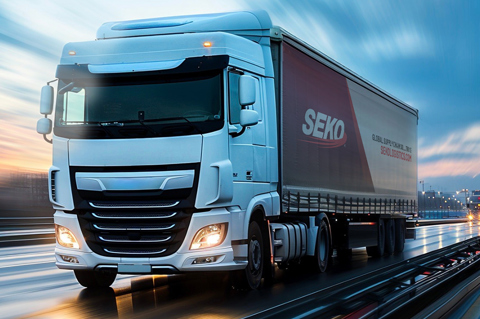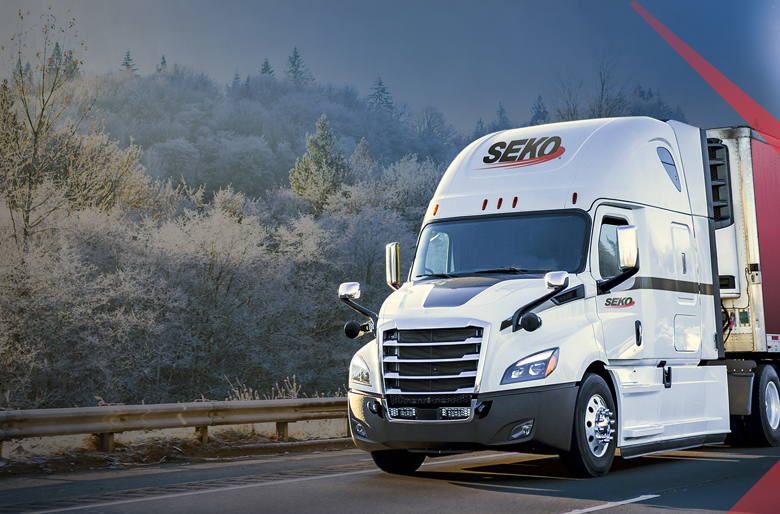LEADING SPECIALISED DOMESTIC GROUND TRANSPORTATION IN THE US
While SEKO continues to expand worldwide, we still excel at highly specialised domestic ground transportation services in the United States.

US FINAL MILE SOLUTIONS
For store openings, displays, remodels, high value, regular product replenishment and more, SEKO provides time-definite and specialised services with our own SEKO branded trucks, vans and equipment. Whether the cargo is oversized or it needs to be delivered before the store or business opens, we can handle any type of special project for your retail expansion, trade show, event or other specialty cargo needs

HEAVYWEIGHT HOME DELIVERY
SEKO Home Delivery and Last Mile is your most reliable, most cost-effective option for final mile home delivery of big and bulky eCommerce, heavyweight, oversized and high value goods. Our final mile home delivery service features time definite appointments, online delivery scheduling and automated service messages, complete with additional services such as set up, debris removal and more.



WE SPECIALISE IN SPECIAL HANDLING
We offer all sorts of project cargo services, including flatbeds and oversized, and we deal in all manner of sizes and weights for specialised cargo. With cold chain logistics solutions for much loved point of sale brands like Dippin' Dots, replenishing stock and keeping health and safety a priority is possible.

EXPEDITED FREIGHT HOT SHOTS
When it absolutely needs to get there same day or next day, SEKO offers expedited freight and Hot Shot deliveries as a more economical option than domestic air freight. With 2 day shipping solutions from fulfilment warehouses and overnight domestic deliveries, SEKO has the expedited freight logistics and infrastructure to meet your needs. Direct expedited cargo services are available for large and urgent shipments - contact us for an expedited quote.

LATEST AND GREATEST
Explore our latest news articles and current client success stories to discover
how we're reacting to today's supply chain challenges.

ANY QUESTIONS, WE CAN HELP – HERE’S JUST A FEW WE RECEIVE REGULARLY
- What locations do you serve?
We empower you to scale into every core market, with 150+ offices and counting.
- Can you ship what I need to ship?
No matter how specialist or time-critical your request, we can handle it all.
- How much will it cost me?
No two shipments are the same, so inquire today for an exact quote.
Please complete the form below and we’ll be back in touch soon!






